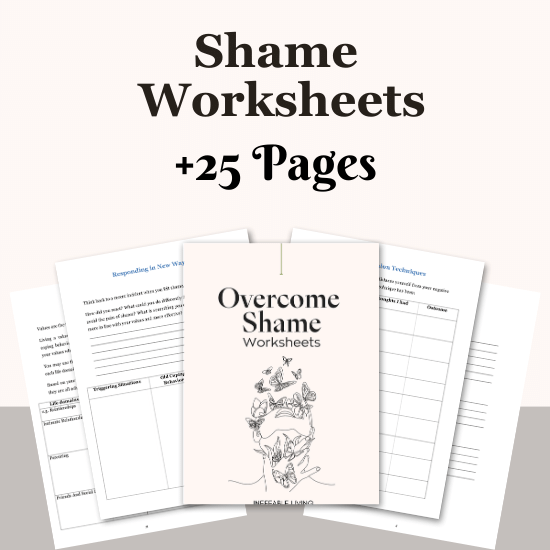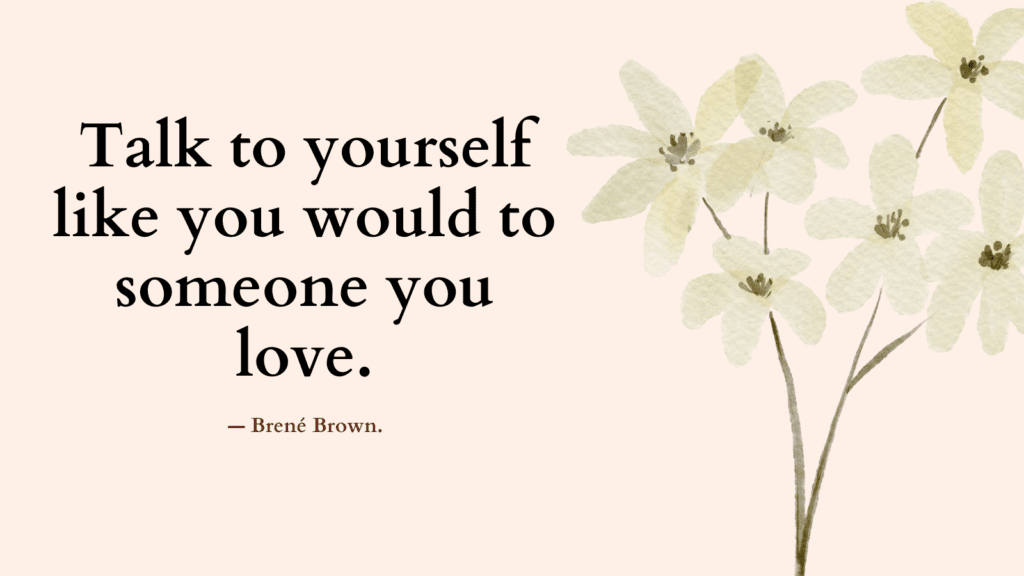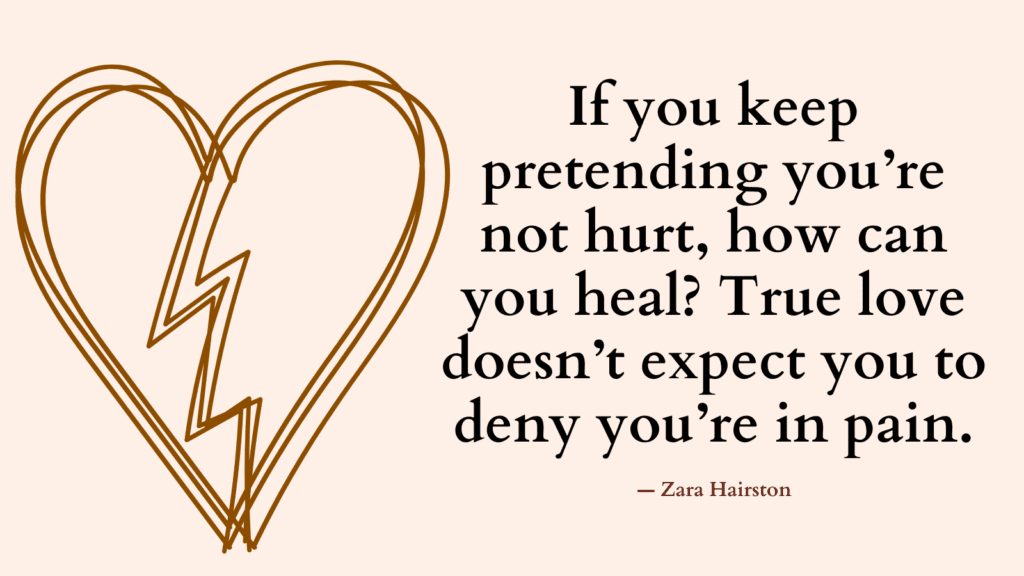This post contains “Toxic shame quiz” to help you become aware of any toxic shame signs you may be struggling with.
What Is Toxic Shame?
Toxic shame is a debilitating feeling of worthlessness and inadequacy.
Toxic shame usually begins in childhood and is often caused by childhood abuse, neglect, or other traumatic experiences that leave the child believing they’re not good enough.
Toxic shame can lead to procrastination, perfectionism, people-pleasing, and other self-sabotaging behaviors.
Related: Top 10 Signs Of Toxic Shame In A Person (+Best 20 Healing Shame Exercises)
Toxic Shame Quiz
Results
#1. Do you fear intimacy and being vulnerable?
#2. Do you often struggle with feelings of inferiority?
#3. Do you often struggle with feelings of worthlessness and believe that no matter what you do, you won’t be lovable?
#4. Do you often struggle with excessive negative self-talk?
#5. Do you struggle with feelings of severe humiliation when you’re forced to look at mistakes or imperfections?
#6. Do you often suffer from debilitating guilt and assume responsibility for the behavior of those around you?
#7. Do you feel like an outsider and struggle with feelings of loneliness, even when surrounded by those who love and care?
#8. Do you often try hard to hide flaws in personal appearance and self?
#9. Do you struggle with perfectionism and often feel that you must do things perfectly or not at all?
#10. Do you use compulsive behaviors like workaholism, eating disorders, substance abuse, and other addictions to block or numb your feelings?
This quiz is for informational purposes only. It is not meant as a diagnostic or assessment tool.
Results
The questions above represent common signs of toxic shame. If you answered yes to most of these questions, then you may be struggling with toxic shame.
Related: Inner Teenager Healing: 14 Proven Exercises to Heal Your Inner Teenager
FREE Shame Resources
Worksheets
Body Shame Worksheets Download PDF
TED Talks
Monica Lewinsky: The price of shame
Brené Brown: Listening to shame
June Tangney: What’s the difference between guilt and shame?
Podcasts
Unlocking Us: Hosted by Brené Brown

What Causes Shame?
Shame can be caused by a variety of factors including:
- past traumas,
- negative self-talk and beliefs,
- societal or cultural expectations,
- experiences of rejection or abandonment, and
- personal failures or mistakes.
It can also be influenced by family dynamics, childhood experiences, and social interactions.
Related: Top 17 Shame Journal Prompts (+FREE Worksheets)
How Shame Manifests
Shame can manifest in different ways, depending on the individual and their experiences.
Here are some common ways shame can show up:
1. Avoidance: Someone who feels ashamed may avoid situations or people that trigger their feelings of shame.
2. Perfectionism: Often people who feel shame have an intense desire to be perfect or appear perfect to others, as a way to hide their perceived flaws.
3. Self-criticism: A person experiencing shame may have a harsh inner critic that constantly berates them for their mistakes or shortcomings.
4. Physical symptoms: Shame can also manifest physically, such as through blushing, sweating, or an increased heart rate.
5. Isolation: Shame can lead to feelings of isolation and disconnection from others, as the person may believe they are unworthy of love and connection.
6. Depression: Shame often coexists with depression, as feelings of worthlessness and hopelessness can be overwhelming.
7. Addiction: Shame can also contribute to addictive behaviors, as a person may turn to drugs, alcohol, or other substances or behaviors as a way to numb their shame and escape their painful emotions.
Related: Best 10 Shame Books
How to Cope With Feelings Of Shame?
Here are some ways to cope with feelings of shame:
1. Recognize and acknowledge your feelings
If you are struggling with feelings of shame, the first step is to recognize and acknowledge these emotions.
It can be difficult to confront feelings of guilt or inadequacy, but ignoring them will only make the situation worse.
Instead, take the time to reflect on why you are feeling this way and what may have contributed to these emotions.
Perhaps you made a mistake at work or said something hurtful to a loved one.
Related: Best 15 Inner Child Exercises: How To Connect With Your Inner Child (& Heal Your Childhood Wounds)
2. Practice self-compassion
Once you have identified the source of your shame, it’s important to remind yourself that everyone makes mistakes and that it’s okay to not be perfect.
Be kind and gentle towards yourself.
Try to treat yourself with the same compassion and understanding that you would offer a close friend who is going through a difficult time.
3. Identify the triggers
Identify the situations or events that trigger your feelings of shame. Once you have identified the triggers, you can work on strategies to avoid or manage them.
Shame is a powerful emotion that can be triggered by a variety of different events or situations.
To cope with feelings of shame, it’s important to identify the triggers that are causing them.
This could involve reflecting on past experiences that have left you feeling ashamed or paying close attention to the situations that provoke strong feelings of shame in the present.
Some common shame triggers may include:
- Failure: When we fail at something, whether it’s a project at work or a personal goal, we may feel ashamed of our shortcomings.
- Criticism: Being criticized or judged by others can trigger feelings of shame, especially if the criticism is harsh or seems unfounded.
- Rejection: Being rejected by friends, family members, or romantic partners can cause feelings of shame and inadequacy.
- Guilt: Feeling guilty about something we’ve done or failed to do can lead to shame and self-blame.
- Physical appearance: Body image issues can trigger feelings of shame, particularly for those who feel they don’t meet societal standards of beauty.
- Past trauma: Trauma survivors may feel ashamed of their experiences or blame themselves for what happened to them.
- Comparison: Comparing ourselves to others and feeling like we fall short can trigger feelings of shame and inadequacy.
Once you’re able to recognize these triggers, you can work on developing strategies to manage your emotions more effectively.
Some people find it helpful to practice mindfulness techniques, such as deep breathing or visualization exercises, while others may benefit from journaling or joining a support group.
4. Challenge negative self-talk
Negative self-talk can perpetuate feelings of shame.
Identify the negative thoughts and try to challenge them with more positive and realistic thoughts.
This means being aware of any critical or harsh thoughts you have about yourself and questioning their validity.
For example, if you are feeling ashamed about a mistake you made at work, you might be telling yourself that you are incompetent and that everyone thinks poorly of you.
Instead, try to reframe your thoughts and ask yourself whether these beliefs are really true.
Perhaps you made a mistake, but that doesn’t mean you are a failure as a person.
The following prompts may help you challenge your beliefs:
- Are these beliefs true? Can I find evidence to support or refute them?
- How would my life be different if I chose to let go of these shame beliefs?
- What are some alternative beliefs I can adopt that are more positive and self-affirming?
- What actions can I take to challenge my shame beliefs and replace them with more positive self-talk?
- Who can I talk to for support and encouragement as I work through these challenging beliefs?
- What steps can I take to practice self-compassion and treat myself with kindness and understanding?
By challenging the negative thoughts and focusing on more realistic and compassionate self-talk, you will be better equipped to manage feelings of shame.
Related: Negative Core Beliefs List (& 8 Tips On How To Challenge Them)
5. Seek support
You don’t have to go through this alone. Reach out to a trusted friend, family member, or mental health professional for support and guidance.
Remember that it takes time and effort to overcome feelings of shame.
But with patience, persistence, and support, you can learn to manage these feelings and live a fulfilling life.
Pro Tip: Use Shame Worksheets
Shame worksheets can help you become more aware of your specific triggers, thoughts, and behaviors associated with shame.
By identifying these patterns, you gain insight into the underlying causes of your shame, allowing you to better understand and manage it.
Worksheets often involve challenging irrational or distorted beliefs that contribute to feelings of shame.
By examining the evidence for and against these beliefs, you can develop a more balanced perspective and challenge the negative self-perceptions that accompany shame.

Conclusion
Experiencing feelings of shame can be a difficult and overwhelming experience.
It’s important to remember that everyone experiences feelings of shame at some point in their life, and it’s okay to ask for help when you need it.
Resources
- Toxic Shame: Causes, Symptoms, and More (webmd.com)
- Toxic Shame: What It Is and How to Cope (healthline.com)
- Overcoming the Paralysis of Toxic Shame | Psychology Today
- (PDF) Childhood, toxic shame, toxic guilt and self-compassion (researchgate.net)







